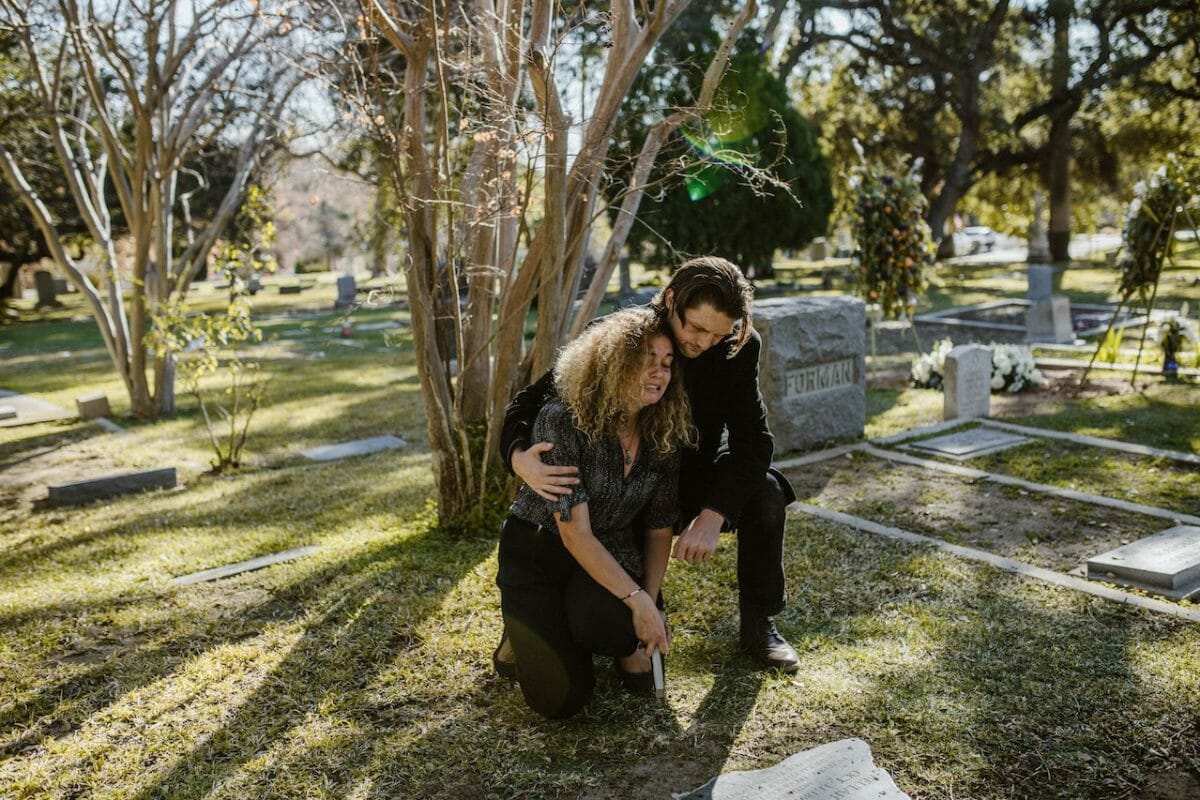Losing a loved one in an untimely and wrongful death can be overwhelming. Dealing with the grieving process while also navigating how to seek justice against those responsible is often too much to handle alone. You may feel helpless and unable to cope. Here are eight key steps you should take:
-
Seek Legal Representation
The legal procedures surrounding wrongful death cases are very complicated. You will require someone who specializes in handling wrongful death cases to help you understand how this works. Some states, like Texas, have the most stringent laws governing such proceedings. It would be best to find a wrongful death attorney in Houston to ensure you get the fair compensation you deserve or on behalf of the survivor’s family.
With legal representation, you can relax, as the lawyers will explain every detail and talk in your favor. They will also guide you in making an appeal on behalf of the deceased, protecting the rights and interests of the surviving family members.
-
Gather Evidence
Find any relevant information and material, with guidance from your lawyers, that can be used in your favor. Try to inquire about some records, such as medical records detailing the injuries sustained and accident reports to show proof of the incident. Additionally, collect witness reports and statements from those who observed as the wrongful death occurred. Gather information on prior convictions of the suspect in similar cases. Evidence such as surveillance footage, photographs, and other tangible evidence can hugely speed up the case to a settlement.
-
Determine Liability
Fault determination is usually a significant phase since it points to who was responsible for the mistake. The court takes time to hear both sides and factor in every possibility before judgment. They focus more on the safety regulations set and how the negligent act took place.
Sometimes, they look further into the other parties linked to the act and extend the liability to them. For example, in a hospital, the focus will not be on the involved doctor alone but also on the whole medical facility. Your lawyer can quickly evaluate the nature of the case and see whether there should be multiple parties who should share liability.
-
Calculate Damages
Wrongful death cases often have a long list of damages that the compensation plan needs to address. Many people only focus on the economic damages, such as medical expenses, lost income, and funeral losses. Even the non-economic category needs to be focused on as they’ll cover the loss of companionship, pain, and suffering. A lawyer can effortlessly take you through the lawsuit valuation and make the compensation value comprehensive. They will also look into the recurring, long-term expenses you’ll incur and include in the calculations.
-
Negotiation or Mediation
In most cases, the parties need to strive to agree mutually and avoid the need to go to court. These negotiations, however, have to be open and exhaustive in finding the proper settlement. This simple process saves you time and the hassle of court procedures. The process will involve properly assessing the case and its potential outcomes in a trial. They will advise you on the next step that favors you, whether to take it to court or settle. Your attorney will assess the compensation terms, and if they are reasonable, they may advise you to settle, but the decision lies with you.
-
Prepare for Trial
If the matter is forced to court, you will be required to prepare for the case. This will include depositing and gathering key evidence that may help you in the trial. With the help of your attorney, craft and refine the legal augment, outlining liability and substantiating your compensation claims. You can inquire about similar rulings for similar cases to know your expectations. Ensure you understand the court procedures, research the applicable laws well, and mark the trial dates on your calendar.
You may also participate in giving a testimony or clarification where necessary in pursuit of justice. Know that the judge will rule on what’s just and fair. It may not go as per your expectations. Prepare mentally and emotionally for the final ruling or the duration it may take to settle.
-
Appeal If Necessary
If either side involved in the dispute does not agree with the outcome of the trial, then they may choose to file an appeal. This involves submitting paperwork asking higher courts to review their decision. Appeals can take months or even years, but they serve as important tools for ensuring justice is ultimately served.
-
Seek Closure and Healing
Concentrating on your emotional well-being even while going through the legal procedures is essential. Keep the right people around you who value and understand what you’re going through. This mental stability and healing makes you work with a straight head. It’s crucial when making decisions, such as when the outcome doesn’t match your expectations.
Endnote
Handling a wrongful death case is hectic, but there is a way out. Look for the proper legal assistance first and understand which evidence to use. You also need to know ways of increasing your compensation, such as through proper lawsuit valuation. A lawyer will help you with this, plus the documentation of evidence and court process. It is also important to find support through counseling and communicating with your loved ones during the process.
